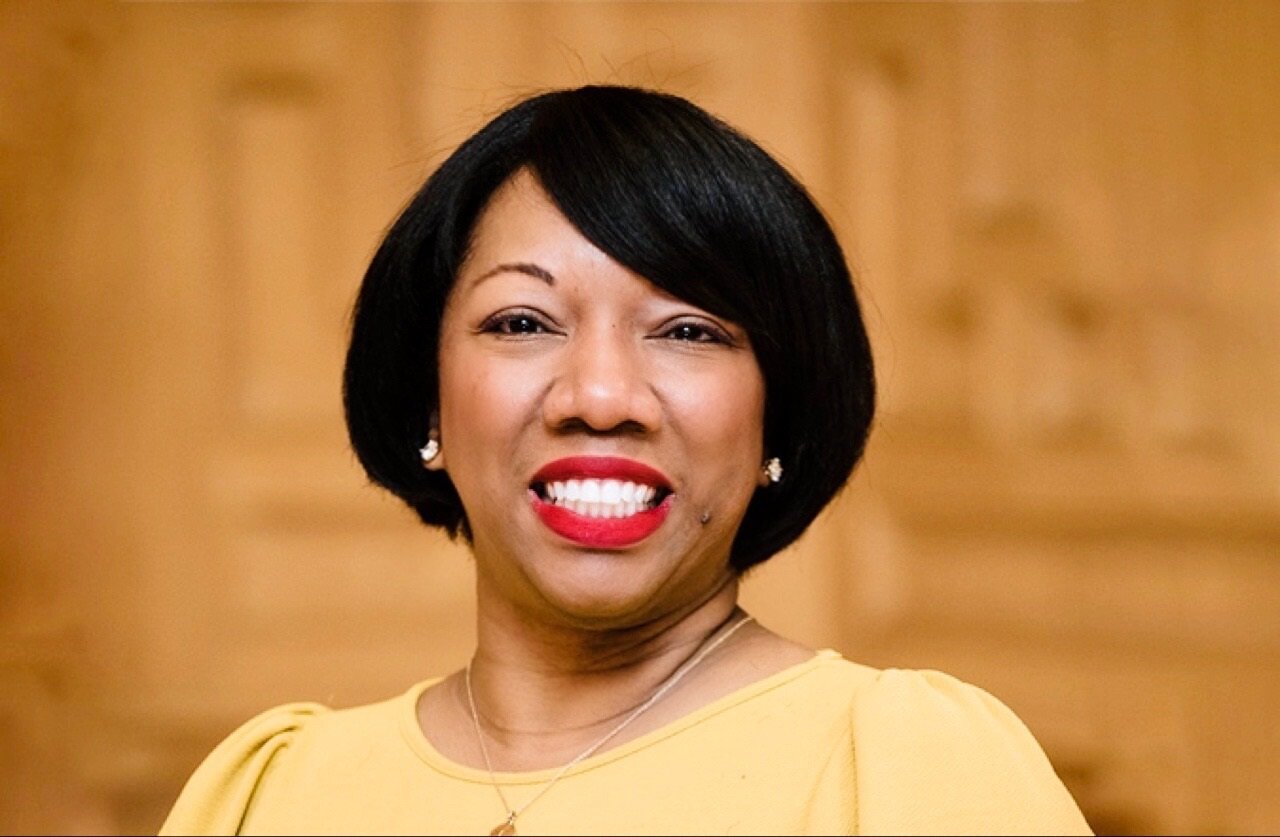Adopt Us Kids has been at the forefront of innovation in the field of adoption for decades. That is why It was an honor to be a graduate of the Adopt US Kids Minority Professional Leadership Development Program. Today, another dream came true. I was featured on their website for the transformational adoption work we have done here in Tampa, FL.
Please check out my interview entitled Leading systems-change efforts in Florida. In it, I share how the four strategies we implemented increased the adoption of children of color by 54%.
When asked what was my biggest takeaway during this process I shared “Perhaps one of the biggest lessons that I learned is that you cannot do this work alone! You can’t make changes without partnerships and without engaging every stakeholder and bringing along other people who share your vision.”
I will forever be thankful to AdoptUs Kids, for teaching me that I am a transformational leader who has earned a seat at the table. The Minority Professional Leadership Development (MPLD) Program is a 12-month fellowship for emerging child welfare leaders of color.
Applications for the upcoming MPLD cohort are being accepted now through June 22, 2020.










